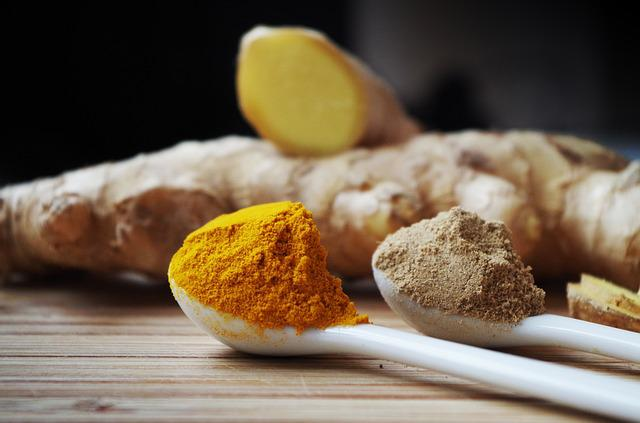Did you know that inflammation is the root of many diseases? It’s no wonder why so many people are looking for natural remedies to reduce inflammation. There are many different things that you can do to help keep inflammation under control. In this blog post, we will discuss 10 natural remedies that have been shown to be effective in reducing inflammation.
Before we get into the natural remedies, let’s first discuss what inflammation is. Inflammation is a response of the body to an injury or infection. It is characterized by redness, swelling, and pain. The inflammatory response is a way for the body to heal itself.
There are many different things that can cause inflammation. Some of the most common causes include:
Acute and persistent inflammation are two types of inflammation. Acute inflammation is the body’s natural response to an injury or infection. It typically lasts for a few days or weeks. Chronic inflammation, on the other hand, is long-term inflammation that can last for months or years. It is often associated with diseases such as arthritis, Crohn’s disease, and asthma.

There are many different natural remedies that have been shown to be effective in reducing inflammation. Some of these remedies include:
Omega-three fatty acids are a type of polyunsaturated fat that is found in fish, nuts, and seeds. They have anti-inflammatory properties and have been shown to be effective in reducing inflammation. It is found in fish such as salmon, mackerel, and tuna. You can also get omega-three fatty acids from flaxseeds, chia seeds, and walnuts.
Bone broth is made by simmering bones in water for a long period of time. It is rich in minerals and contains collagen, which is a type of protein that helps to reduce inflammation. Bone broth has been shown to be effective in reducing inflammation and joint pain and works well as an anti-inflammatory food. It is also rich in glycine, an amino acid that helps to detoxify the body.
Ginger is a spice and an anti-inflammatory agent that has been used for centuries to treat various ailments. It contains gingerol, which is a compound with anti-inflammatory properties. Ginger has been shown to be effective in reducing inflammation and pain. It can be consumed fresh, dried, or in the form of a supplement.
Green tea is made from the leaves of the Camellia sinensis plant. It is rich in antioxidants and has been shown to be effective in reducing inflammation. Green tea has been shown to be effective in treating conditions such as arthritis, Crohn’s disease, and ulcerative colitis. It can be consumed fresh or in the form of a supplement.
Cinnamon is a spice that has been used for centuries to treat various ailments. It contains cinnamaldehyde, which is a compound with anti-inflammatory properties. Cinnamon has been shown to be effective in reducing inflammation and pain. It can be consumed fresh, dried, or in the form of a supplement.
Chamomile is a flowering plant that has been used for centuries to treat various ailments. It contains apigenin, which is a compound with anti-inflammatory properties. Chamomile has been shown to be effective in reducing inflammation and pain. It can be consumed fresh, dried, or in the form of a supplement.
There is no one-size-fits-all diet for inflammation. However, there are some general dietary guidelines that can help to reduce inflammation. These include:
Regular exercise has been shown to be effective in reducing inflammation. Exercise helps to reduce stress and improve the immune system. It also helps to increase the production of endorphins, which are hormones that help to reduce pain. Lifestyle changes such as reducing stress, getting enough sleep, and quitting smoking can also help to reduce inflammation.
Cardamom is a spice that has been used for centuries to treat various ailments. It contains cineole, which is a compound with anti-inflammatory properties. Cardamom has been shown to be effective in reducing inflammation and pain in inflammatory bowel disease. It can be consumed fresh, dried, or in the form of a supplement.
Purple coneflower is a flowering plant that has been used for centuries to treat various ailments. It contains echinacea, which is a compound with anti-inflammatory properties. Purple coneflower has been shown to be effective in reducing inflammation and pain. It can be consumed fresh, dried, or in the form of a supplement.

There are a variety of medications that can be used to reduce inflammation. These include:
There are a variety of natural remedies that can be used to reduce inflammation. These include dietary changes, lifestyle changes, exercise, and certain spices and supplements. Medications can also be used to reduce inflammation. Speak with your doctor to determine the best course of treatment for you.